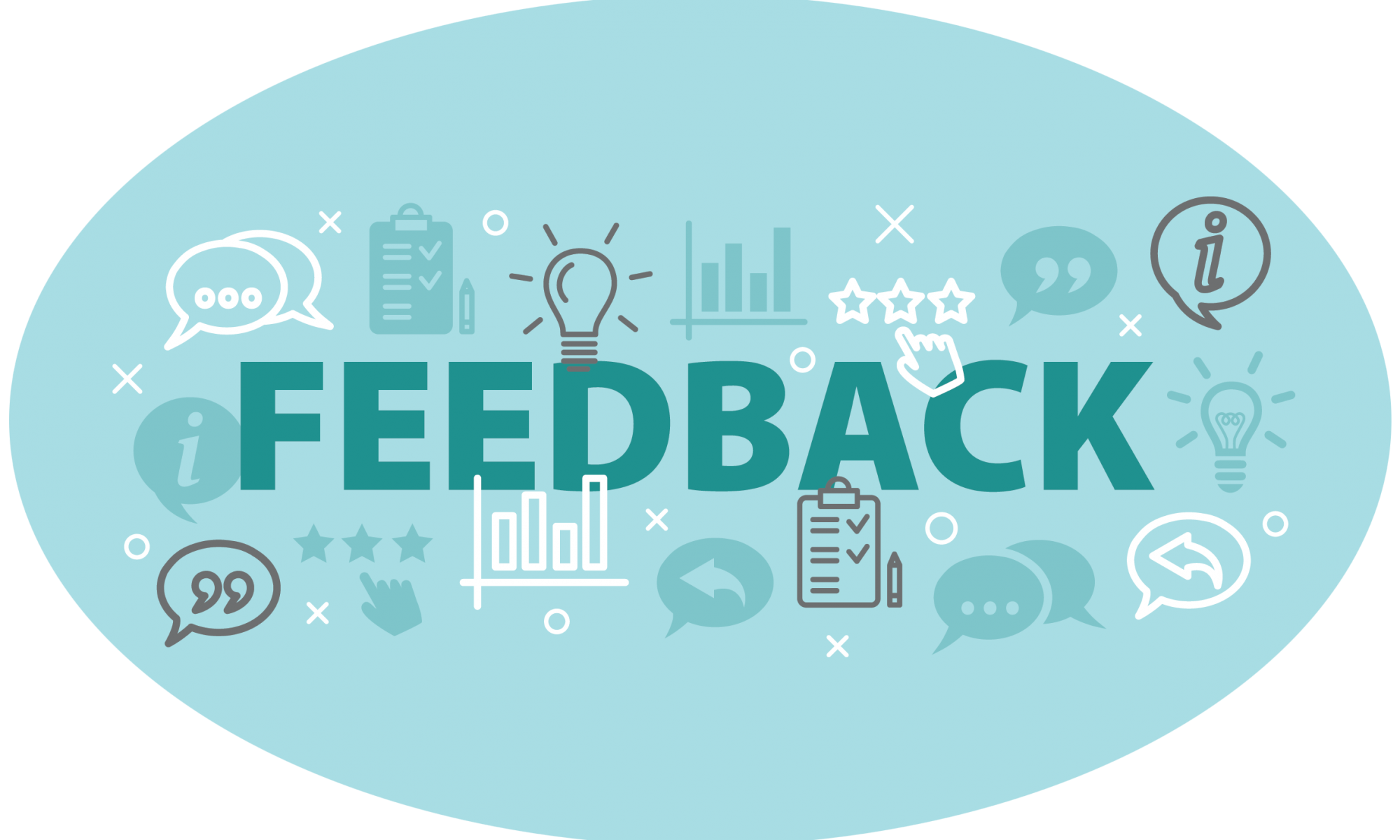The Canvas Community is a treasure trove of opportunities to see how faculty and teachers at other institutions are leveraging Canvas for their students. All Geneseo users have access to the Community with their Geneseo username and password. Check out the limited resource list below for an idea of how to get started.
A self-paced course called It’s Due! was recently shared in the Mobile Users Group Hub. This blog post caught our eye, and we recommend the course if you’re interested in exploring “every single type of submission available for students in Canvas”.

To join in, simply Self-Enroll. You will need to share your name, email address, etc. If you would like to explore ways to apply what you learn in your courses at Geneseo with an Instructional Designer, email canvas@geneseo.edu

